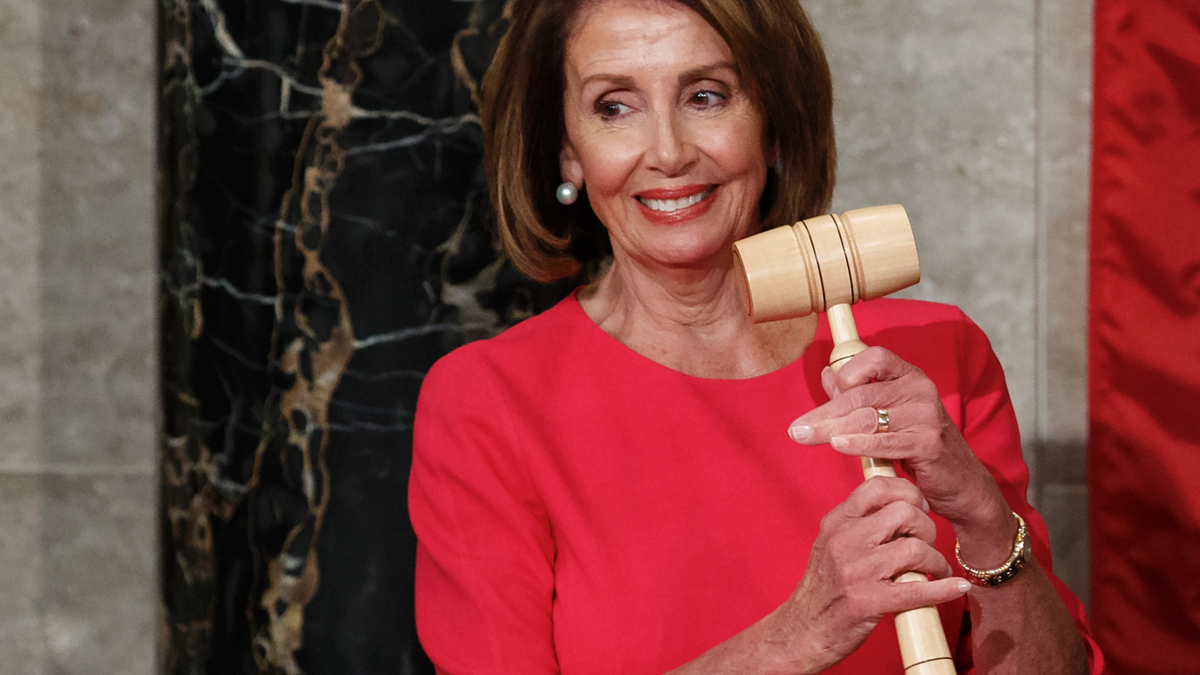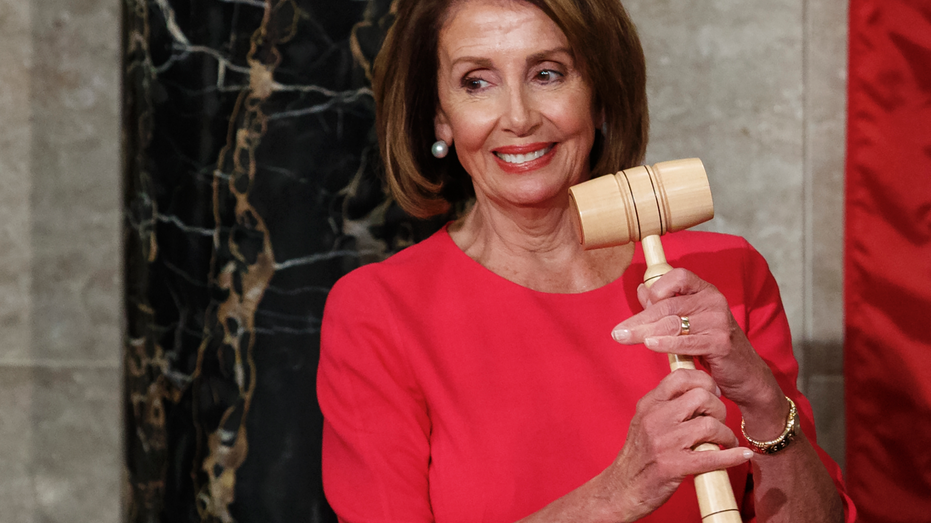NEWYou can now listen to Fox News articles!
President Donald Trump will soon have an opportunity to achieve a political and economic victory that he nearly accomplished in his first term, until Congress undermined him at the last moment.
That opportunity involves the upcoming joint review of the U.S.-Mexico-Canada Agreement (USMCA), the trade deal that replaced the North American Free Trade Agreement (NAFTA). All three countries will soon meet to discuss how the pact is working and hash out any updates.
During the first Trump administration, as under secretary of Commerce for Intellectual Property and director of the U.S. Patent and Trademark Office, I worked on the intellectual property aspects of that pact. The president, U.S. Trade Representative Bob Lighthizer, and the rest of the team secured numerous concessions from our northern and southern neighbors to strengthen intellectual property (IP) protections — which help prevent foreign rivals from stealing technologies and designs from innovative American companies, reduce foreign free-riding on America’s investment in innovation and incentivize American firms to boost their research spending and expand into foreign markets.
Unfortunately, one of the biggest concessions — a requirement that Mexico and Canada offer 10 years of “regulatory data protection” to cutting-edge biologic medicines grown from living cell cultures — was excluded from the final version of the agreement at the eleventh hour.
PENCE GROUP BLASTS TRUMP’S DRUG PRICING PLAN AS ‘SOCIALIST’ IN NEW AD CAMPAIGN

During a regulatory data protection period, rival companies aren’t allowed to use the clinical trial data of a biologic developer to create their own knockoff products. Creating a single new biologic medicine requires years of research and often billions of dollars.
Regulatory data protection essentially gives innovators a better chance to recoup their investments and earn a return — and thus incentivizes them to pour more resources into research and development, creating research and manufacturing jobs in the process.
The United States already provides 12 years of data protection for biologics, and the USMCA wouldn’t have altered that domestic standard. The original draft text of the USMCA would have simply brought Canada and Mexico up closer to our level in order to level the playing field.
TRUMP SCORES FOUR BIG WINS WITH XI BUT HAS ONE BIG MISS
The aim was simple: raise protections abroad, so that foreign manufacturers can’t free ride on American biotech inventors by prematurely introducing knockoff products. That would enable American inventors to recoup their investment on a more proportionate basis in Mexico and Canada — and thus enable them to reduce drug prices in the United States.
But ultimately, that provision designed to reduce foreign freeloading was stripped from the agreement at the insistence of then-House Speaker Nancy Pelosi, whose support was necessary to pass the USMCA’s implementing legislation through Congress.
CLICK HERE FOR MORE FOX NEWS OPINION
Now, though, there’s a new Congress. The second Trump administration would be wise to push for the original terms, which Canada and Mexico had already agreed to, during the upcoming USMCA review. Strengthening regulatory data protection in our neighbors would end the freeloading and help bring lower prices to American patients.
The upcoming review also gives the administration an opportunity to hold our neighbors — particularly Mexico — to the commitments they made but are failing to uphold.
CLICK HERE TO DOWNLOAD THE FOX NEWS APP
During a regulatory data protection period, rival companies aren’t allowed to use the clinical trial data of a biologic developer to create their own knockoff products.
The Trump administration recently placed Mexico on the Special 301 Priority Watch List — the federal government’s compilation of serial intellectual property violators — “due to long-standing and significant IP concerns.” Mexico has failed to implement patent-enforcement systems, patent-term restoration regulations and the copyright enforcement that it promised and has allowed trademark counterfeiting and copyright piracy to run rampant. Its failures have eroded the protections American innovators were supposed to gain through the trade pact.
Stronger intellectual property protections would mean more new treatments for patients — at lower prices for Americans — along with more high-paying jobs in the industries of the future, and continued leadership in critical 21st-century industries for the United States.
Opinion News on Fox News
Read the full article .


